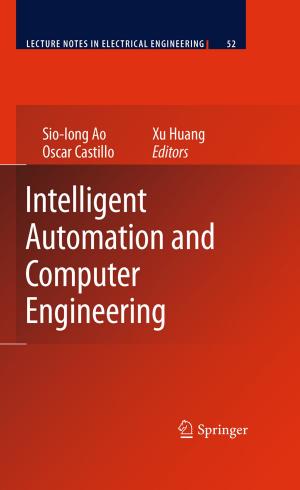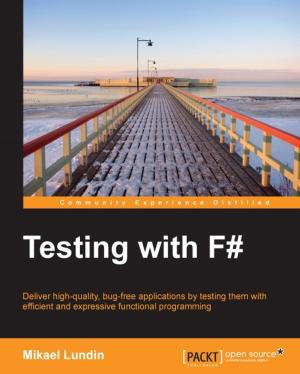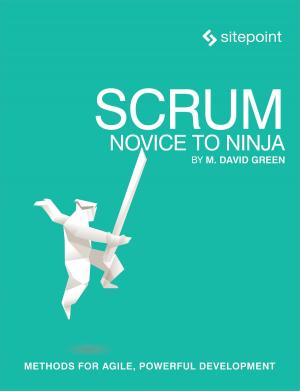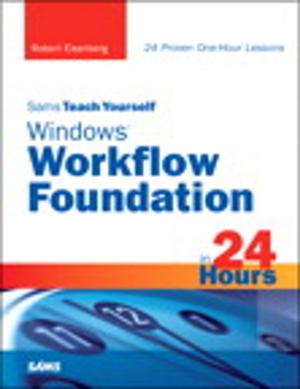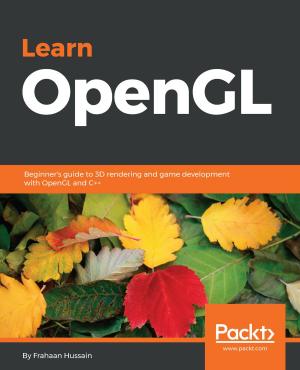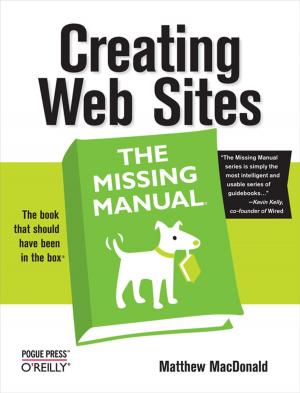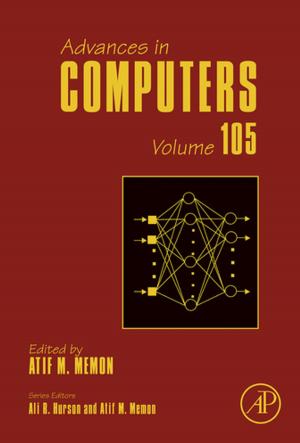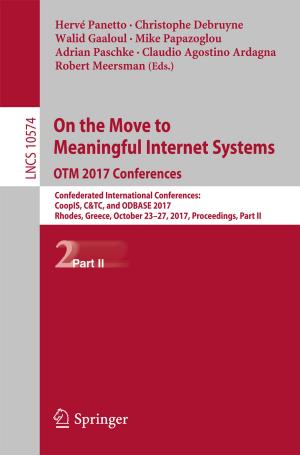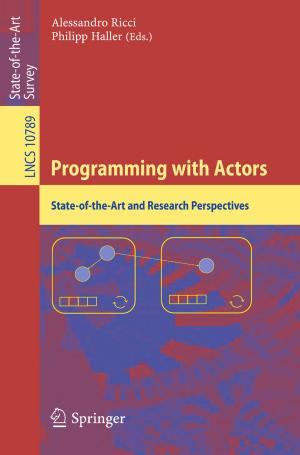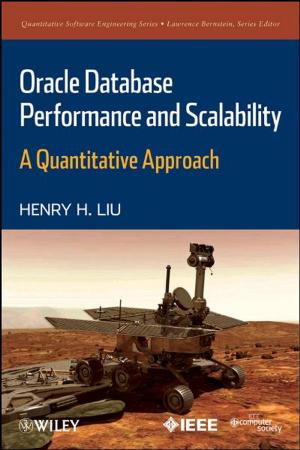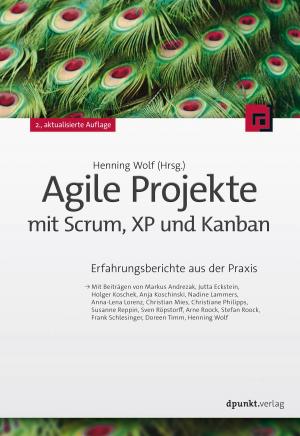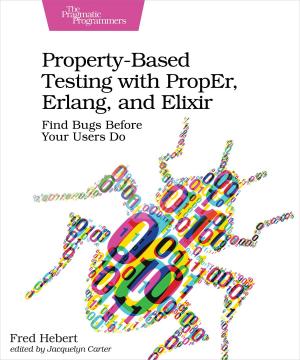Oracle Quick Guides Part 3 - Coding in Oracle: SQL and PL/SQL
Nonfiction, Computers, Database Management, Data Processing, Programming, Software Development| Author: | Malcolm Coxall | ISBN: | 9788494085383 |
| Publisher: | Malcolm Coxall | Publication: | July 31, 2013 |
| Imprint: | Malcolm Coxall - Cornelio Books | Language: | English |
| Author: | Malcolm Coxall |
| ISBN: | 9788494085383 |
| Publisher: | Malcolm Coxall |
| Publication: | July 31, 2013 |
| Imprint: | Malcolm Coxall - Cornelio Books |
| Language: | English |
This is Part 3 of a series of quick learning guides for Oracle designers, developers and managers. Part 3 introduces completely new entrants to the main concepts of the SQL language and to the use and development of Oracle's PL/SQL procedural version of SQL.
The guide includes details of how to install and use a SQL*Plus client and the basic use of Oracle's SQL Developer tool. The guide also provides a foundation in coding practise in SQL and PL/SQL with some basic guidelines for good practise in coding and managing SQL and PL/SQL software performance issues. Part 3 also contains a glossary of Oracle terminology related to SQL and PL/SQL with clear explanations of the terms used.
These guides are designed to rapidly deliver key information about Oracle to the following audience groups:
- Project Managers, Team Leaders, and Testers who are new to Oracle and need rapid access to strategic information about the Oracle development environment.
- Business Analysts, Designers and Software developers who are new to Oracle and need to make a first step in gaining a detailed understanding of the design and development issues involved in Oracle.
Part 3 assumes that the reader has read Parts 1 and 2 of the Oracle Quick Guides or their equivalent content. The contents of Part 3 include the following subject headings:
1. What are SQL, SQL*Plus and PL/SQL?
2. Basic Components of SQL.
3. Basic SQL Language Syntax.
3.1 SQL Language Elements.
3.2 SQL Operators
3.3 SQL Expressions
3.4 SQL Functions
3.5 SQL Clauses
3.6 SQL Query syntax.
3.7 SQL Data Modification Language syntax (DML).
3.8 SQL Data Definition Language syntax (DDL).
3.9 SQL Data Command Language syntax (DCL).
3.10 SQL Data Types in Oracle
4. Complex SQL constructs: Understanding Joins.
5. Understanding Commit and Rollback.
6. Basic architecture PL/SQL Procedures, Functions and Triggers.
7. Basic PL/SQL Language syntax.
8. PL/SQL Exception handling.
9. SQL and PL/SQL: some standards for good coding appearance.
10. Performance issues when coding in SQL
11. Installing and using a SQL*Plus client
12. SQL - PL/SQL Development Tools
13. Glossary of Terms.
This is Part 3 of a series of quick learning guides for Oracle designers, developers and managers. Part 3 introduces completely new entrants to the main concepts of the SQL language and to the use and development of Oracle's PL/SQL procedural version of SQL.
The guide includes details of how to install and use a SQL*Plus client and the basic use of Oracle's SQL Developer tool. The guide also provides a foundation in coding practise in SQL and PL/SQL with some basic guidelines for good practise in coding and managing SQL and PL/SQL software performance issues. Part 3 also contains a glossary of Oracle terminology related to SQL and PL/SQL with clear explanations of the terms used.
These guides are designed to rapidly deliver key information about Oracle to the following audience groups:
- Project Managers, Team Leaders, and Testers who are new to Oracle and need rapid access to strategic information about the Oracle development environment.
- Business Analysts, Designers and Software developers who are new to Oracle and need to make a first step in gaining a detailed understanding of the design and development issues involved in Oracle.
Part 3 assumes that the reader has read Parts 1 and 2 of the Oracle Quick Guides or their equivalent content. The contents of Part 3 include the following subject headings:
1. What are SQL, SQL*Plus and PL/SQL?
2. Basic Components of SQL.
3. Basic SQL Language Syntax.
3.1 SQL Language Elements.
3.2 SQL Operators
3.3 SQL Expressions
3.4 SQL Functions
3.5 SQL Clauses
3.6 SQL Query syntax.
3.7 SQL Data Modification Language syntax (DML).
3.8 SQL Data Definition Language syntax (DDL).
3.9 SQL Data Command Language syntax (DCL).
3.10 SQL Data Types in Oracle
4. Complex SQL constructs: Understanding Joins.
5. Understanding Commit and Rollback.
6. Basic architecture PL/SQL Procedures, Functions and Triggers.
7. Basic PL/SQL Language syntax.
8. PL/SQL Exception handling.
9. SQL and PL/SQL: some standards for good coding appearance.
10. Performance issues when coding in SQL
11. Installing and using a SQL*Plus client
12. SQL - PL/SQL Development Tools
13. Glossary of Terms.

